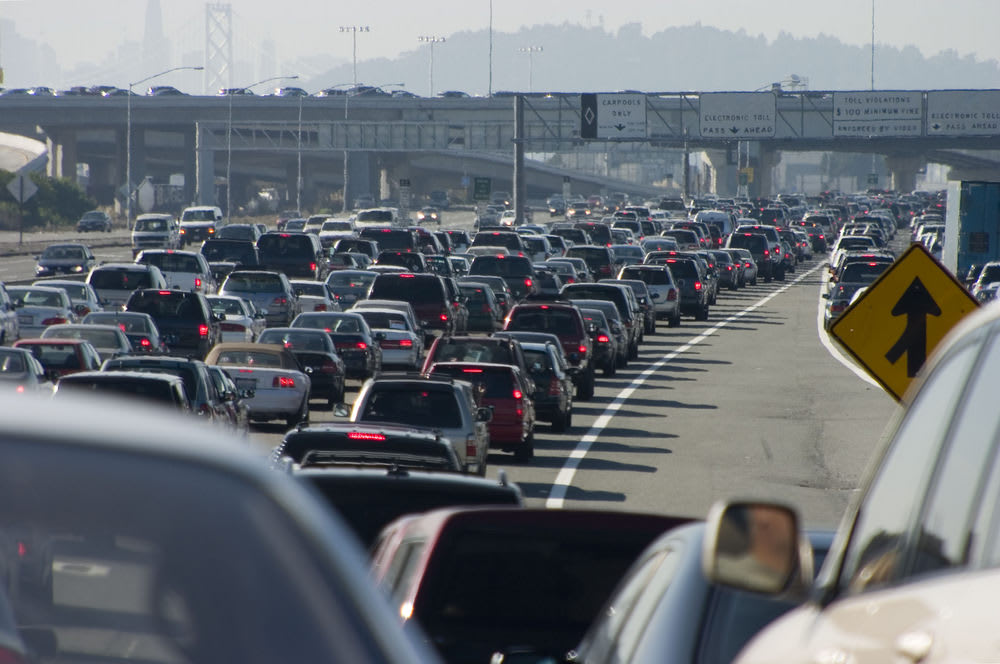

California is one of the most heavily populated states in the country. There are more vehicles on the road there than almost anywhere else in the country (statewide). Because of this, the state has had to adopt very strict emissions standards that are actually much more comprehensive than those instituted by the Environmental Protection Agency (EPA). Automakers have started designing their vehicles to meet these standards, even if they’ll be sold somewhere else in the US. What are California emissions standards?
A look at designations
There are three tiers to California emissions standards. These denote emissions regulations in the state as they’ve changed over the years. Note: LEV stands for Low Emissions Vehicle.
Tier 1/LEV: This designation means that a vehicle meets the California emissions regulations through 2003 (applies to older vehicles).
Tier 2/LEV II: This designation means the vehicle meets California emissions regulations as enacted from 2004 through 2010.
Tier 3/LEV III: This designation means that the vehicle meets the state’s emissions requirements from 2015 through 2025.
Other designations
You’ll find a host of different emissions standards designations in use (they’re located on the label under the hood of your car). These include:
Tier 1: The oldest designation, found primarily on cars manufactured and sold in 2003 or earlier
TLEV: This denotes that the vehicle is a Transitional Low Emissions Vehicle
LEV: Stands for Low Emissions Vehicle
ULEV: Stands for Ultra Low Emissions Vehicle
SULEV: Stands for Super Ultra Low Emissions Vehicle
ZEV: Stands for Zero Emissions Vehicle and is only applicable to electric cars, or other vehicles that produce no emissions at all.
You’re likely to encounter these designations on vehicle labeling all over the US because automakers were required to manufacture a specific percentage of vehicles to meet California emissions standards (whether those vehicles were ultimately sold in California or not). Note that Tier 1 and TLEV designations are no longer in use, and will only be found on older vehicles.



